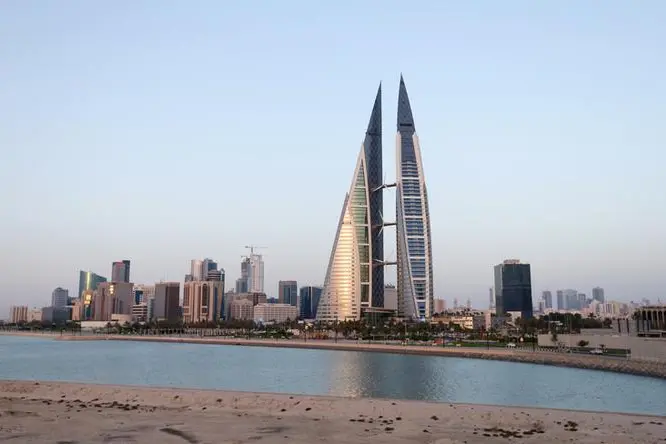PHOTO
A tough new law that stipulates the maximum punishment for damaging the environment will be the death penalty, or fines of BD1 million has been approved in principle by Bahrain’s upper chamber of the National Assembly.
The Shura Council has approved 37 of the 125 articles of the government-drafted law, except for article 17 on exceptional cases that would see the law ignored to protect human lives, establishments and work sites.
Northern Municipal Council services and public utilities committee chairman and top environmental researcher Sayed Shubbar Al Wedaie said during the weekly Shura Council session yesterday that the new tough law was a necessity to protect the environment and enforce accountability.
“We need tough laws, especially after what happened on Karbabad coastline recently,” he said.
The GDN reported on Friday that tonnes of wooden planks, plastic containers, bottles and household refuse had washed up on the coast near Karbabad, alarming environmentalists who called for an immediate clean-up operation.
Following the report, in less than 24 hours a massive drive was launched to clean up the beach near Seef District.
Meanwhile, Military Courts and Military Cassation president Colonel Dr Yousif Flaifil said an agreement had been reached with the Supreme Council for the Environment (SCE) to implement the law, with the support of defence and security bodies.
The law excludes the Defence Affairs Ministry, the Interior Ministry and National Guards.
Parliament and Shura Council Affairs Minister Ghanim Al Buainain said MPs were wrong in seeking amendments for proper compensation to those who jump in to help during salvage operations during times of crisis.
“There could be a difference in what the compensation should be, and then we put the new environment fund into lengthy court battles; compensations should be given as a token if asked,” he said.
“Helping others should be a conscious reaction, not to get rewarded.”
The article on salvage operations has been returned by the Shura Council in its original form, as presented by the government.
The SCE underlined the importance of issuing the law soon to replace the existing one introduced in 1996.
The legislation, approved by Parliament last year, would see those who import, bring, store, transport, bury or sink dangerous material or waste jailed for up to three years and fined between BD15,000 and BD100,000.
However, if the material or waste are nuclear, then the punishment will not be less than life in prison, which carries a 25-year sentence, or the death penalty, with fines of between BD100,000 and BD1m.
The jail terms or fines could be doubled should the offence be repeated.
Failure to conduct an environmental impact study for construction – excluding residential – and maintenance and upgrades to existing establishments carries a jail term of between two and five years and fines of between BD20,000 and BD500,000.
The same punishment applies to offshore or onshore oil leaks, leakages of harmful substances into the sea, and possession or disposal of ionised or ion-emitting equipment without permission.
Under the proposed new law, jail term of up to three years and fines of between BD15,000 and BD200,000 will be imposed for dumping garbage or sewage into the sea.
General substantial harm to the environment will be punished with no less than a year in jail and fines of between BD10,000 and BD50,000.
Jail terms of between a year and two and fines of between BD1,000 and BD2,000 will be slapped on oil and gas companies that dispose or deposit unsafely or hide information from environmental impact assessment teams.
Twelve other punishments for dumping, contamination or destruction of environment assessment equipment, besides preventing inspectors from carrying out their job, are also listed in the legislation.
It will recommend rewards for environment protection and development schemes – either by government establishments or societies, with funding coming from the government, donations and fines collected.
mohammed@gdn.com.bh
© Copyright 2020 www.gdnonline.com
Copyright 2021 Al Hilal Publishing and Marketing Group Provided by SyndiGate Media Inc. (Syndigate.info).





















